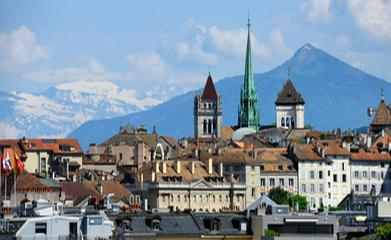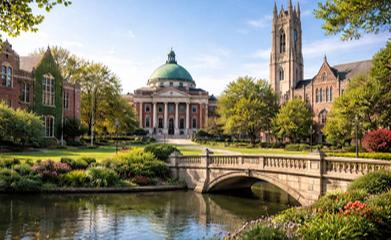

Which universities did the top 10 most influential scientists in history attend?
Over the centuries, many scientists have made significant contributions to science and society. In this article, we look at ten of the most influential scientists and the schools they attended.
▎1. Isaac Newton (1643-1727)
Newton is considered one of the founders of classical mechanics. He attended Cambridge University, where he received his undergraduate degree and later became a professor of mathematics.
▎2. Albert Einstein (1879-1955)
Famous for his theory of relativity, Einstein studied at the Zurich Polytechnic Institute (ETH Zurich). His background in physics and mathematics became the foundation for his future discoveries.
▎3. Marie Curie (1867-1934)
A pioneer in the field of radioactivity, Marie Curie studied at the Sorbonne (Université Paris). She was the first woman to win a Nobel Prize, and the only one to win in two different fields of science.
▎4. Charles Darwin (1809-1882)
Darwin, the founder of the theory of evolution, was educated at the University of Edinburgh and the University of Cambridge, where he studied theology, but his interest in the natural sciences led to revolutionary discoveries.
▎5. Galileo Galilei (1564-1642)
Galileo, who made significant discoveries in astronomy and physics, studied at the University of Padua. His research became the basis for the modern scientific method.
▎6. Louis Pasteur (1822-1895)
Pasteur, the founder of microbiology, was educated in Nantes and then went on to study at the University of Paris. His work on vaccination and pasteurization changed medicine and the food industry.
▎7. Nicolaus Copernicus (1473-1543)
Copernicus, who proposed the heliocentric model of the solar system, studied at the University of Krakow and later at Italian universities such as Bologna and Ferrara.
▎8. Richard Feynman (1918-1988)
Feynman, a Nobel Prize winner in physics, received his bachelor's degree from the Massachusetts Institute of Technology (MIT) and his doctorate from Princeton University.
▎9. Stephen Hawking (1942-2018)
Hawking, known for his work on cosmology and black holes, studied at Oxford University and then went on to study at Cambridge.
▎10. Jane Goodall (1934-)
Goodall, known for her research on chimpanzees, had no formal higher education before beginning her research. She received her degree from the University of Cambridge after beginning her work in Tanzania.
The education of these outstanding scientists played a key role in their success and discoveries. Universities such as Cambridge, Oxford and the Sorbonne became the cradle for many of them, shaping the future of science and humanity.
All About Education Abroad and Beyond


Geneva Business School — Affordable Business Education in Europe


